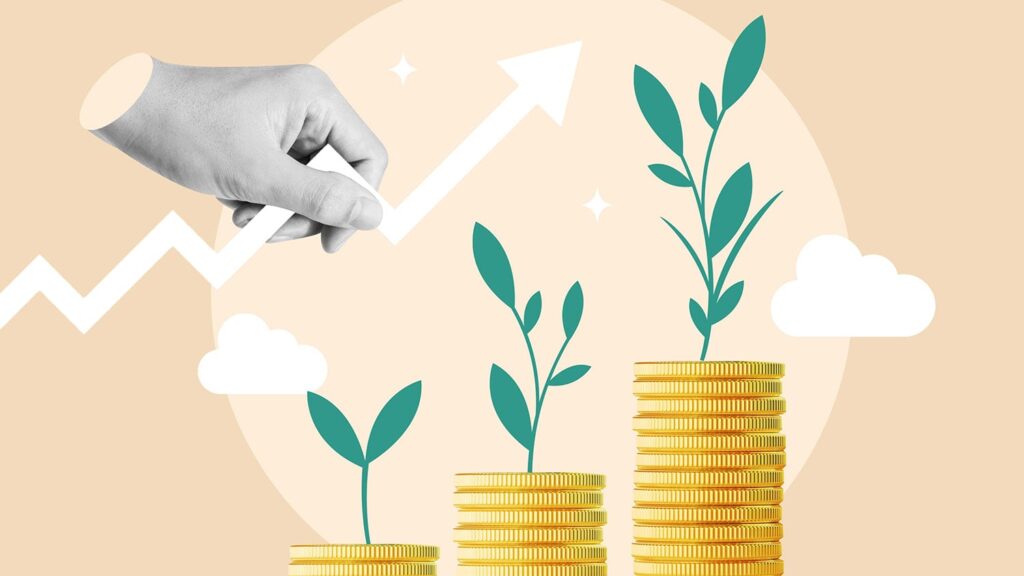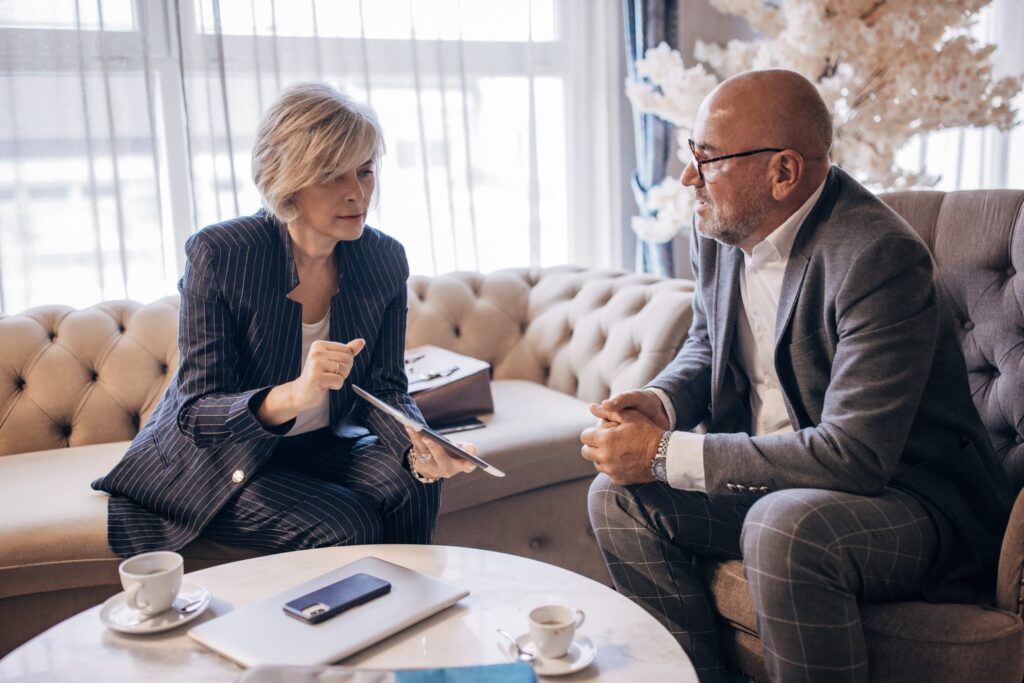Latest Insights
Brown and Company Keeps You Posted

How to Manage Sudden Wealth: 5 Tips for a Strong Financial Future
Sudden wealth can arrive quietly or all at once. An inheritance. The sale of a business. A legal settlement. Stock options that finally vest. Even long-anticipated liquidity can feel disorienting once the money actually lands. If you’re learning how to manage sudden wealth, start by slowing down. Secure the assets, understand the tax impact, build a safety net and then create a long-term plan ... How to Manage Sudden Wealth: 5 Tips for a Strong Financial Future
A Complete Guide to Transferring Wealth to the Next Generation
For many high-net-worth families, transferring wealth to the next generation is less about numbers on a balance sheet and more about protecting people, relationships and choices. It is the moment where decades of work, discipline and sacrifice begin to move from one chapter to the next. Yet wealth transfer rarely unfolds as smoothly as families expect. Without careful planning, even significant ... A Complete Guide to Transferring Wealth to the Next Generation
Why Estate Planning Is Important: Protecting What Matters Most
Think about the life you’ve built—your home, your savings, your business, the things that matter most. Without a clear estate plan, those pieces can end up in limbo, leaving your loved ones to make difficult decisions during an already painful time. So why is estate planning important? It isn’t about perfection. It’s about making sure ... Why Estate Planning Is Important: Protecting What Matters Most
How to Determine Your Risk Tolerance: A Practical Guide to Smarter Investing
Understanding your risk tolerance is one of the most important decisions you’ll make as an investor. At Brown and Company, we view this concept as the foundation for every successful investment strategy. Yet, it’s often misunderstood or oversimplified. So, what is risk tolerance? At its core, it’s your ability and willingness to withstand fluctuations in ... How to Determine Your Risk Tolerance: A Practical Guide to Smarter Investing
The Power of Compound Interest: How Wealth Multiplies Over Time
The Power of Compound Interest: How Wealth Multiplies Over Time Denver residents—particularly those with substantial assets—face a distinct financial environment shaped by appreciating real estate, rising taxes, and a rapidly evolving investment landscape. For affluent families and individuals, one principle remains timeless and powerful: compound interest. Whether you’re a successful entrepreneur seeking tax-efficient growth, a ... The Power of Compound Interest: How Wealth Multiplies Over Time
10 Estate Planning Essentials for Denver Families and Professionals
Estate planning in Denver goes beyond legal documents. For high-net-worth individuals in Denver and throughout Colorado, it means coordinating legal, financial and personal decisions to control how your assets are managed during life and distributed after death. A well-executed plan offers: Clarity on who receives what Control if you become incapacitated Protection for the people ... 10 Estate Planning Essentials for Denver Families and Professionals
Estate Planning vs. Will: What’s the Difference?
Planning for the future is more than a legal task – it’s a personal responsibility. At the heart of that planning are two essential terms: will and estate plan. While they’re often used interchangeably, they serve very different purposes. Understanding the difference between a will and a full estate plan can help you protect your ... Estate Planning vs. Will: What’s the Difference?
Making Sense of Recent Bank Headlines
What is going on? Late last week, liquidity concerns and a run on deposits resulted in the failure of Silicon Valley Bank – the second biggest banking collapse (measured by assets) after Washington Mutual in 2008. On Friday, SVB was placed under government control, as the Federal Deposit Insurance Corp. took over the bank’s deposits. On Sunday, ... Making Sense of Recent Bank Headlines
Here We Go Again
As the title would suggest, the stock market rally coming off the June 16th lows has reversed course and we are now close to retesting the June bottom. With that in mind, where do things go from here? Jerome Powell and the Federal Reserve committee met this week and raised the Fed Funds Rate (overnight ... Here We Go Again
Nowhere to Hide – June 14, 2022
Good afternoon, With equity markets in bear market territory (i.e. at least 20% off of a recent high), I thought now would be a good time to update you on our strategies and thoughts. I’m writing this as the market makes new lows for the year. There are many topics to cover, I will do ... Nowhere to Hide – June 14, 2022
Volatile Markets – May 6, 2022
The volatility of the stock and bond markets started at the beginning of the year as both markets faced headwinds due to negative world events and economic uncertainties. We have not seen this type of volatility since Covid rattled the markets in March of 2020; In fact, we have enjoyed a strong bull market since that ... Volatile Markets – May 6, 2022
Current Geopolitical Risk
Dear Clients and Friends, As the Russia/Ukraine conflict evolves and escalates we thought that providing a chart (as we like to do) would be helpful. War is a terrible situation and what we worry about is the unknowable direction they can go. You are prepared for the unpredictable with the planning that goes behind your ... Current Geopolitical Risk


